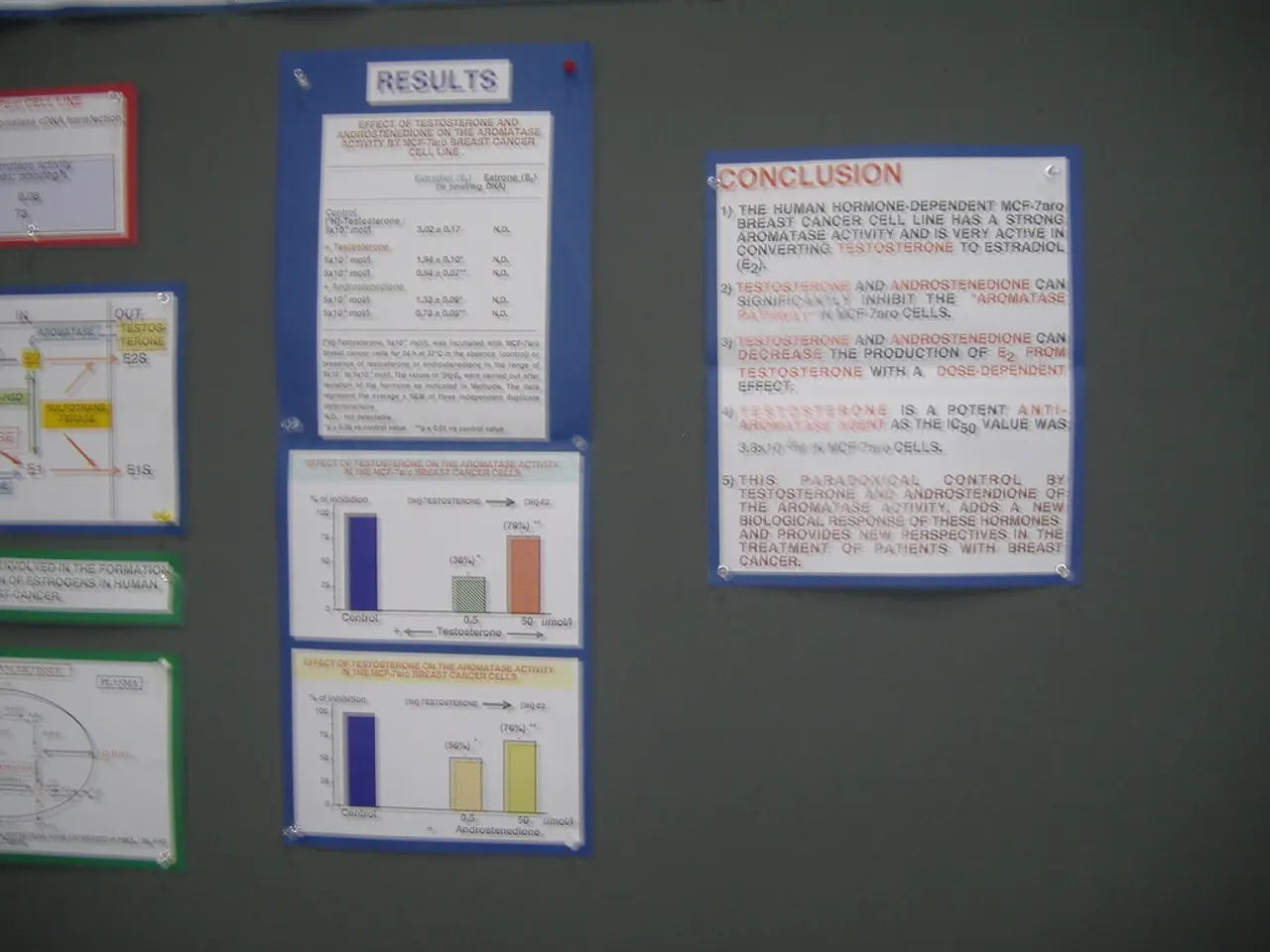Till 2031, Baerbock's Pension Plan Keeps Benefits at 48% of Average Income
Guaranteeing Pension at 48 Percent of Earnings for Bas
🔥 Reddit 🔥 LinkedIn 🔥 Telegram 🔥 E-Mail 🔥 Print 🔥 Copy Link
Barbara Stamm, the Federal Minister of Labour and Social Affairs in Germany, is stepping up with her initial pension bill. The aim? Secure the pension level at 48%, as promised. This legislation, submitted to the German Parliament, extends the "pension level cap" at 48% up to 2031, preventing pensions from detaching from wages until then. That number represents the stability of pensions in terms of wages. A steady pension level ensures that the statutory pension doesn't lose ground to wage growth. As per the draft, the federal government will reimburse the pension insurance's additional expenses from tax funds, avoiding impact on the contribution rate.
Moreover, by 2029, the federal government hopes to present a report on the development of contribution rates and federal subsidies. It'll review what measures are necessary to maintain the 48% pension level beyond 2031.
Postponing the child-rearing period in statutory pension insurance by an additional half-year (for a total of three years) is planned for children born before 1992. However, the extended "mothers' pension" won't be paid out before 2028, as the pension insurance needs two years to implement the law technically.
Older workers aiming to return to their previous employment post-retirement will find relief, as the ban on re-employment is set to be lifted.
According to the research, this pension law proposal prioritizes preserving the 48% pension level over the next decade, aiming to ensure pensioners have a steady, reliable percentage of their previous earnings as pension income. The proposal's implementation takes medium-term stability and predictability into account for future retirees and policy planning.
Sources: ntv.de, dpa
[Enrichment Data]The German pension law proposed by Barbara Stamm aims to secure a pension level equivalent to 48% of average income over the next decade. This goal focuses on maintaining stable and sufficient pension benefits for retirees. Key provisions in the proposed legislation include:
- 48% Pension Level: This level, in relation to wages, denotes a stable pension income that allows retirees to preserve their purchasing power and maintain financial security.
- Medium-Term Stability: By securing the pension level until 2031, the proposal ensures that pensioners can plan for their financial future while providing a stable foundation for policy making.
The proposal doesn't contain specifics regarding the financing mechanisms, inflation adjustments, or measures designed to balance the social security system. However, it implies a commitment to maintaining the pension's adequacy matched with system sustainability. Nonetheless, further details about the law and its broader context were not found in the available search results.
- The proposed German pension law, aimed at securing a pension level equivalent to 48% of average income, is a topic of interest for various sectors, including finance, business, politics, and general news, due to its potential impact on the economic stability of retirees.
- The focus on medium-term stability in the proposed German pension law is a significant factor in policy planning and financial forecasting, as it sets a foundation for the predictability of pension benefits up until 2031, affecting both individuals and businesses.




